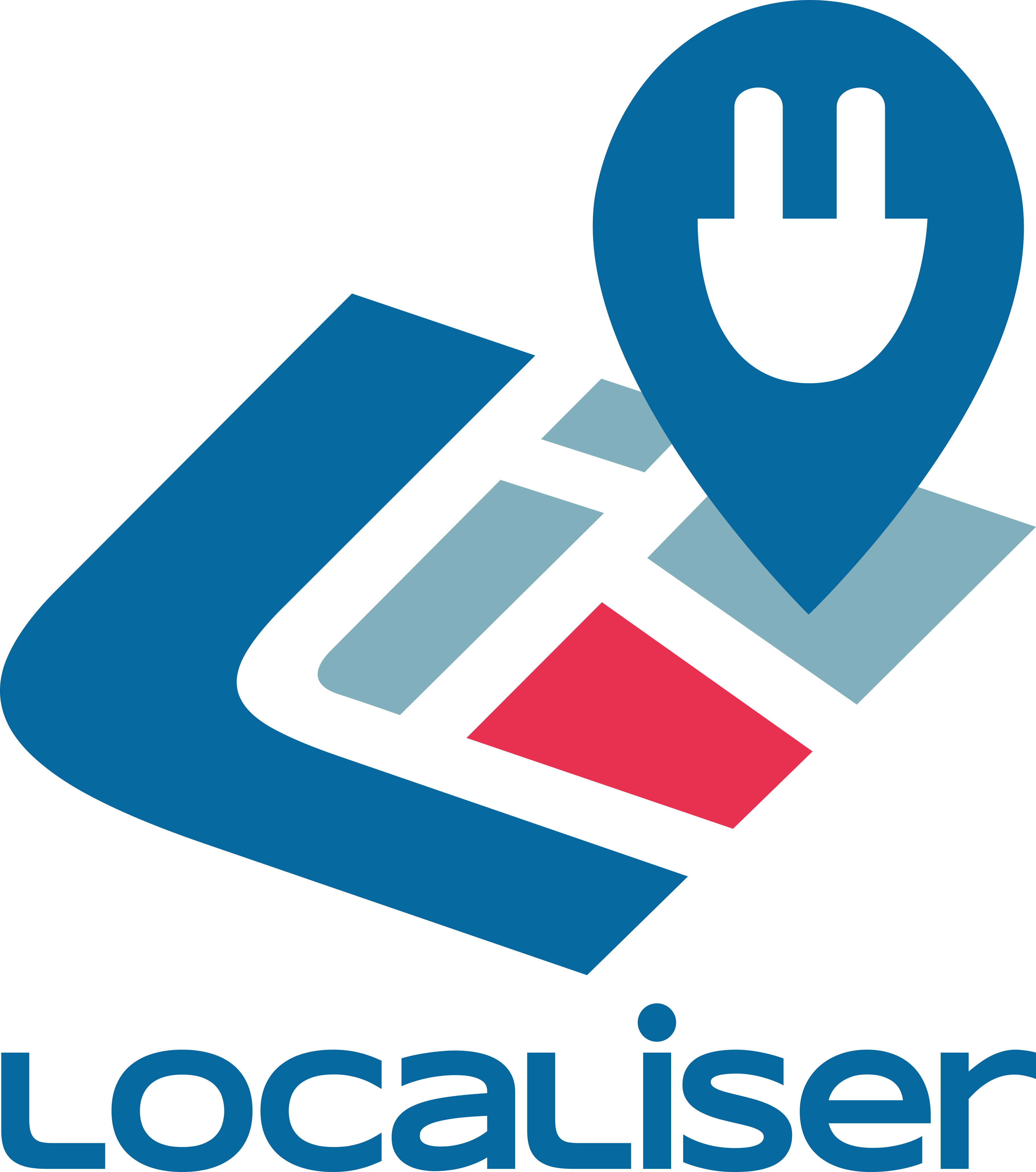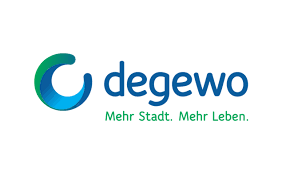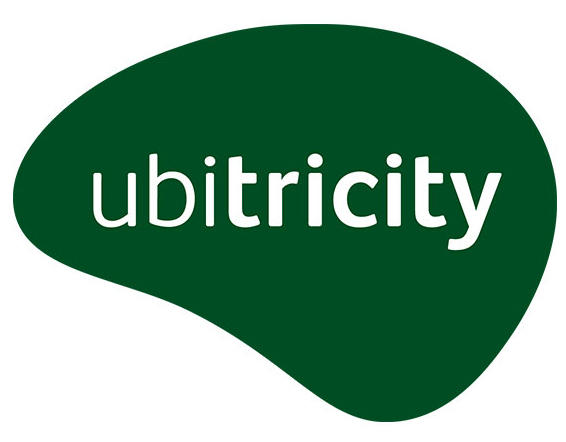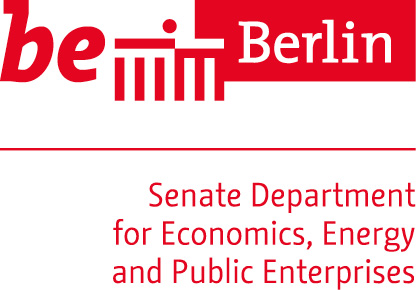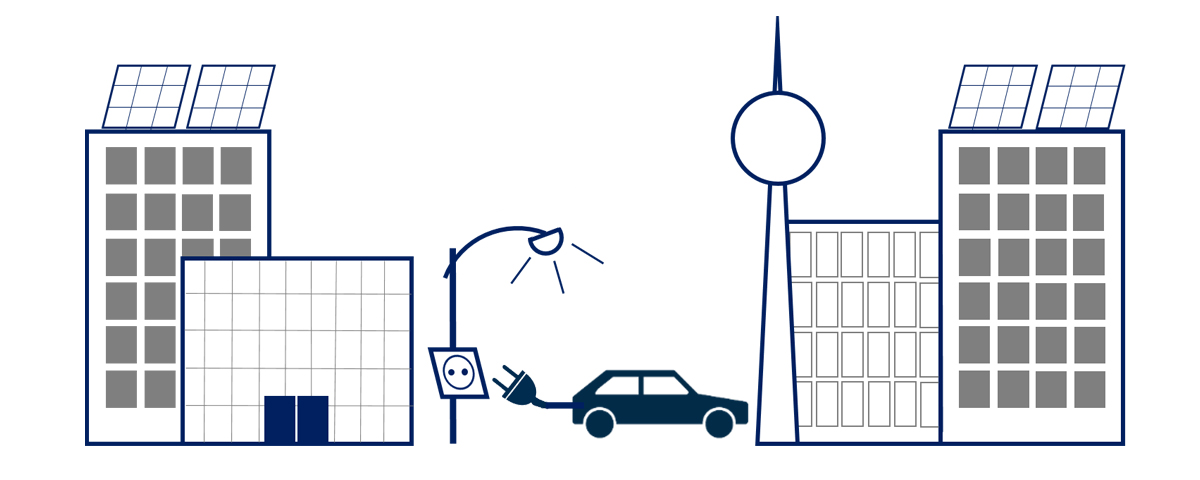
RLI is a partner in a project of the “Clean Air Immediate Program” in Berlin
10. January 2019
Kick-off event “Charging infrastructure for electric vehicles – BMWi joint project on the “Clean Air” Program
14. January 2019Analysis of Potential for Charging Infrastructure in Berlin
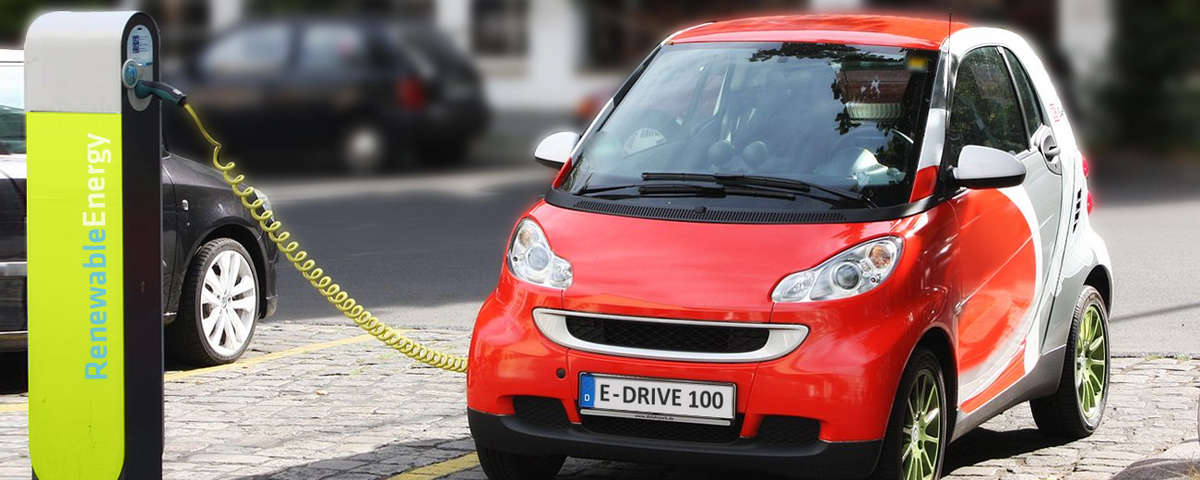
Project duration: 01.12.2018 – 28.02.2019
This project investigates the processes and procedures involved in the planning and implementation of charging infrastructure in Berlin. Together with the project partners, RLI identifies obstacles to setting-up charging points and proposes methods that can significantly simplify and shorten the process.First, Berlin-specific scenarios for growing e-mobility will be developed. Building on this, a Berlin-wide potential analysis will be carried out to identify future hotspots in the city. Of these, those that have a high relevance for traffic in the capital will be examined in detail with regard to the effects on the power grid.
One of the results of the project will be an interactive web platform that presents the results of the investigations. It will also enable communication and the exchange of relevant data between the participating institutions.
© Image: Michael Movchin / Felix Müller, Electric Car recharging, cropped by RLI, CC BY-SA 3.0
RLI assumes the following tasks within this project:
- Detailed market and customer analysis of East-African countries
- Global country ranking for B2B and B2C market potential
- Detailed analysis of B2C markets with the help of GIS tools
- Detailed analysis of B2B markets in different industry sectors
After completing the research project, the following results were asssessed:
- Electromobility is a key element in achieving the ambitious goal of climate neutrality in Berlin by 2050.
- In the light of current developments, between 250,000 and 330,000 electric vehicles are expected in Berlin by 2030. This corresponds to a charge energy amount of up to 530 GWh in the year 2030.
- There is a great deal of uncertainty about future technological charging solutions (such as individual lanterns or even charging hubs with very high charging power similar to current gas stations) and thus also the number of required charging points.
- Berlin differs significantly in terms of building structure and ownership from the national average and also from other large cities. The street parking ration of about 60 percent presents an additional challenge to the charging infrastructure.
- Due to the competition for space in the public space and the necessary cost-effectiveness of charging infrastructure, multiple-use concepts are an economically viable and socially responsible solution.
- This requires planning ahead and the coordination of all actors involved.





